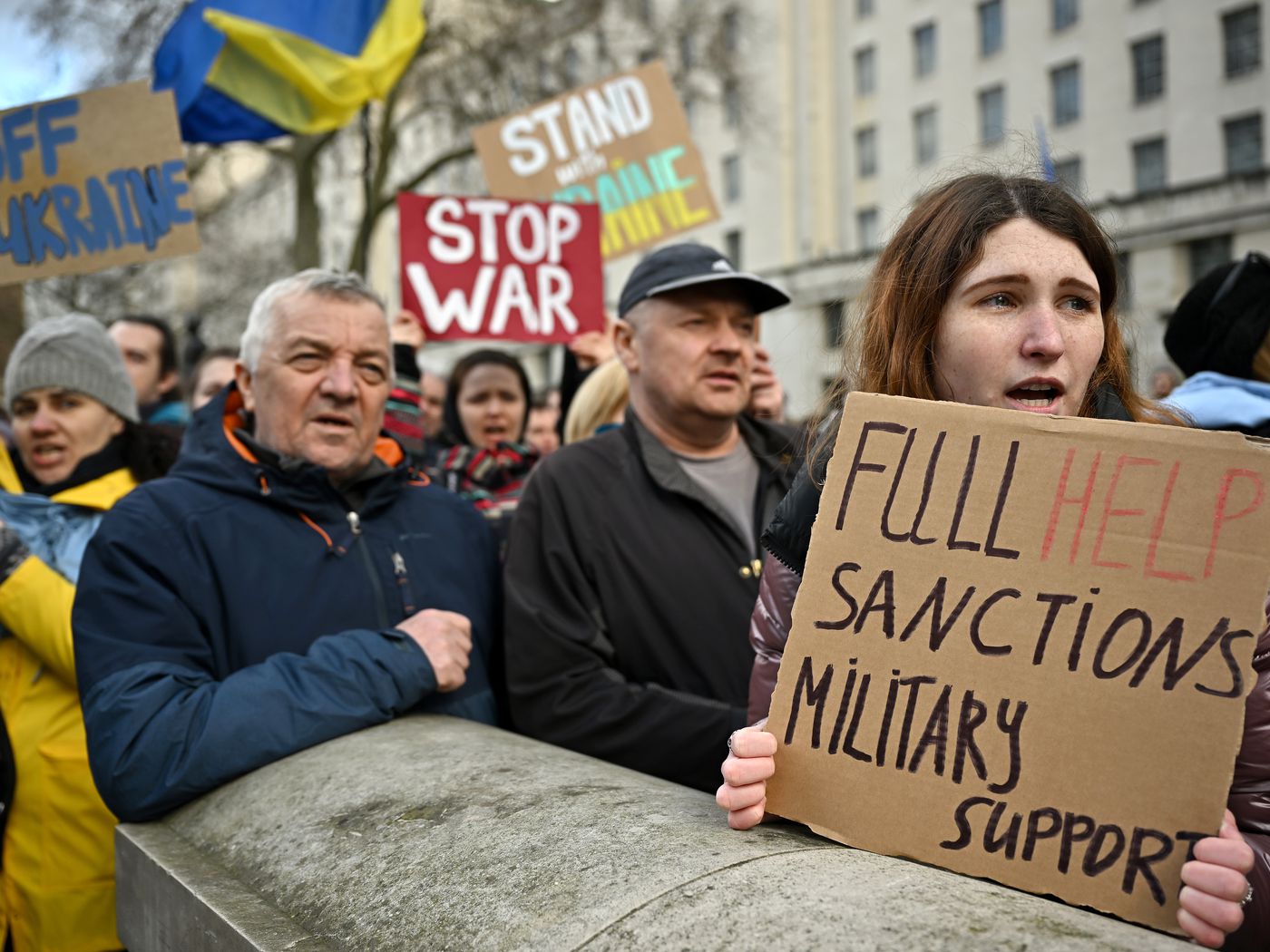Q3. What are the Russian objectives behind the military intervention in Ukraine? Discuss Whether western sanctions can prove effective as an instrument to counter the Russian act.

The Russian military intervention in Ukraine, particularly in the Crimea region and eastern Ukraine, is a complex issue with multiple objectives. While I can provide an overview of some commonly discussed objectives, it’s important to note that specific motivations and priorities may vary among Russian policymakers. Additionally, please be aware that my knowledge cutoff is in September 2021, and there may have been further developments since then.
1. Geopolitical Influence: One objective behind Russia’s intervention in Ukraine is to maintain and expand its influence in the region. Ukraine has historical, cultural, and economic ties with Russia, and the Kremlin perceives a Ukraine aligned with the West as a threat to its sphere of influence.
2. Security Concerns: Russia has expressed concerns about the security of ethnic Russians and Russian-speaking populations in Ukraine, particularly in Crimea and eastern Ukraine. The annexation of Crimea was justified by Russia as a response to protect the rights and interests of Russian-speaking people in the region.
3. Military Strategic Considerations: The intervention in Ukraine allowed Russia to maintain control over its strategic military assets, such as the Black Sea Fleet based in Crimea. The annexation of Crimea also provided Russia with a foothold in the strategically important Black Sea region.
4. Nationalism and Domestic Politics: The intervention in Ukraine has been used by the Russian government to bolster nationalist sentiment and rally public support. The narrative of protecting Russians abroad and reclaiming lost territories resonates with many Russians and helps strengthen the domestic legitimacy of the Russian government.
Regarding the effectiveness of Western sanctions as a countermeasure to Russia’s actions in Ukraine, it is a topic of ongoing debate. Sanctions have been imposed by the United States, the European Union, and other countries in response to Russia’s annexation of Crimea and its support for separatist movements in eastern Ukraine. Some arguments supporting the effectiveness of sanctions include:
1. Economic Impact: Sanctions can put pressure on Russia’s economy by restricting access to international markets, limiting foreign investment, and imposing financial and trade restrictions. This can negatively affect the Russian economy and put a strain on its resources.
2. Political and Diplomatic Isolation: Sanctions can lead to Russia’s isolation diplomatically and politically, making it more difficult for the country to achieve its objectives and reducing its influence on the international stage.
3. Signaling and Norms: Sanctions can send a strong signal of disapproval and condemnation of Russia’s actions, reinforcing international norms and deterring other countries from engaging in similar behavior.
However, it’s important to note that the effectiveness of sanctions depends on various factors, including the level of international unity in their implementation, the targeted sectors and individuals, and Russia’s ability to adapt and mitigate their impact. Russia has shown resilience in the face of sanctions, implementing countermeasures and diversifying its economic relationships, including seeking closer ties with countries like China.
Moreover, the impact of sanctions on the general population and vulnerable groups within Russia is a matter of concern, as they may experience unintended humanitarian consequences.
In summary, while sanctions have been used as a tool to counter Russia’s actions in Ukraine, their effectiveness is subject to debate, and their ability to change Russian behavior and achieve desired outcomes is influenced by a range of factors.